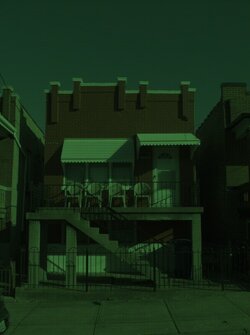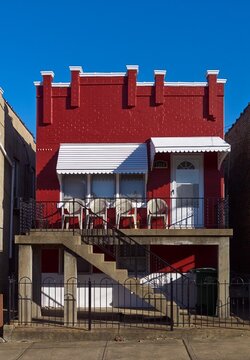MonicaRuth
TPF Noob!
- Joined
- Jul 27, 2013
- Messages
- 43
- Reaction score
- 5
- Location
- Washington State
- Can others edit my Photos
- Photos OK to edit
Follow along with the video below to see how to install our site as a web app on your home screen.

Note: This feature currently requires accessing the site using the built-in Safari browser.


+1000.. . . . and another +1000 for the selective coloring. It takes the focus off of the subject, which isn't what you want. Remember that it's a novelty, and once the novelty is gone your just left with a forgettable image. Whenever you find yourself drawn to something "different" ask yourself if it's because that style is legitimately beautiful or if you're just getting caught up in the novelty of it. Selective color is like the poofy hair and neon parachute pants of the 80's. Everyone thought it was cool then, and now they are all trying to bury those prints in the backyard.Haha, the number one most silly topic! No offense but only those who don't know how to edit say anything about it. Editing is as much a part of image production as is a lens....well if you shoot raw and want the image outcome to be as visioned. Otherwise the camera is performing a basic edit and you have little input in the matter.
Film shooters edit in the darkroom...and nowadays they edit after scanning too!
BTW edit doesn't mean selective coloring. Don't do that again!
Thanks for the input... I am a beginner (that's why I posted on a Beginner's forum) so constructive criticism is more than welcome. I don't know all of the 'lingo' either. I just meant on a personal note what do you like for your pictures? The one one the left with what I assume your referring to as selective coloring, i'm not quite sure i understand all that you are saying about it. Why is it a 'no'?

Hi Monica,Back in the day you could shoot color transparency film in a film camera and that was maybe as close to pure as you could get. You can go back there, but here in today's digital world everything is processed. It's just a matter of how much and by whom.Joe
Hi Monica,Back in the day you could shoot color transparency film in a film camera and that was maybe as close to pure as you could get. You can go back there, but here in today's digital world everything is processed. It's just a matter of how much and by whom.Joe
Ok, now I feel old! LOL. Thats what I loved about shooting Slides, you had better be smack dab on the money! I have to be careful now-a-days I tend to over edit for some reason. or to be more precise I have a tendency to over do saturation!